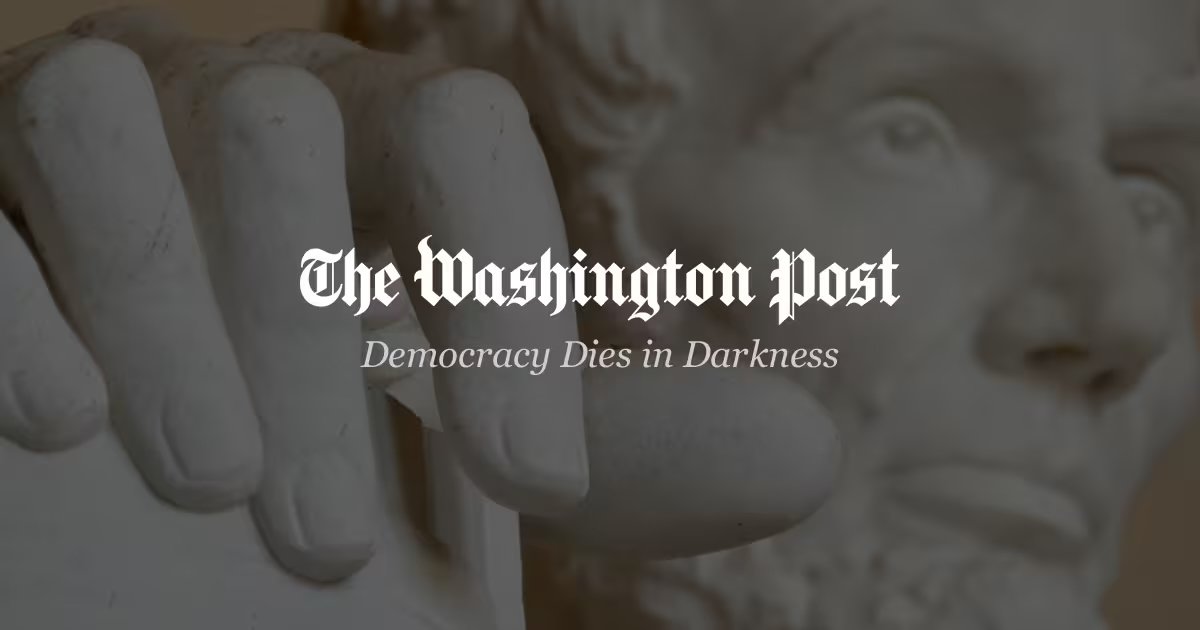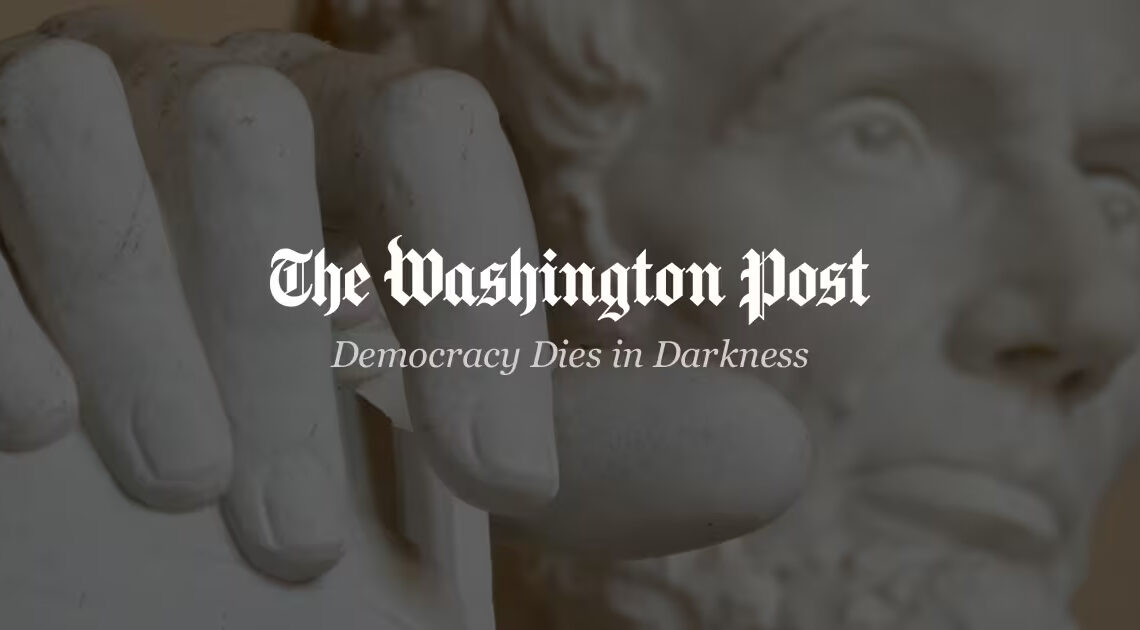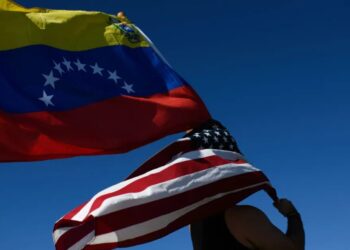
Seven former members of the Federal Communications Commission are petitioning the agency to repeal its policy prohibiting broadcasters from distorting the news, arguing that FCC Chairman Brendan Carr has improperly wielded it to counter material critical of President Donald Trump.
The group, composed of former commissioners and chairmen appointed by presidents of both parties, argued in a petition it is set to file with the regulatory agency Thursday that the so-called news distortion policy is not compatible with the Constitution’s First Amendment.
Seven former members of the Federal Communications Commission are petitioning the agency to repeal its policy prohibiting broadcasters from distorting the news, arguing that FCC Chairman Brendan Carr has improperly wielded it to counter material critical of President Donald Trump.
The group, composed of former commissioners and chairmen appointed by presidents of both parties, argued in a petition it is set to file with the regulatory agency Thursday that the so-called news distortion policy is not compatible with the Constitution’s First Amendment.
The petitioners include Mark Fowler, Dennis Patrick and Alfred Sikes, who chaired the commission under Republican Presidents Ronald Reagan and George H.W. Bush, as well as Tom Wheeler, who did so under President Barack Obama, a Democrat. Former Republican commissioners Andrew Barrett and Rachelle Chong and former Democratic commissioner Ervin S. Duggan also signed on.
The group wrote that the news distortion policy, which was in place but seldom used during their own FCC tenures, serves no purpose other than as an instrument of government overreach.
“Wielding the news distortion policy, the FCC has already opened or threatened to open investigations against private broadcasters due to disagreements with editorial decisions or statements made in a comedic monologue,” they wrote. “Even if the FCC never tries to take enforcement action in these cases, the specter of government interference alone chills broadcasters’ speech and suppresses their message.”
The FCC did not immediately respond to a request for comment.
Carr, Trump’s top media enforcer during his second term in office, has often threatened to use the news distortion policy against broadcasters that he and Trump have criticized. After Carr assumed the FCC chairmanship in January, he reopened a months-old complaint from the Center for American Rights, a conservative legal organization, filed in October 2024 against CBS stations carrying the “60 Minutes” interview with Democratic presidential candidate Kamala Harris, claiming it had been misleadingly edited. Carr also reopened a complaint against ABC over presidential debate moderation. FCC staff had previously dismissed both cases under the prior administration.
Trump sued CBS News over the Harris interview and settled out of court for $16 million as parent company Paramount sought regulatory approval for its deal to merge with David Ellison’s firm Skydance. The FCC approved the $8 billion deal in July.
Carr publicly accused NBC and parent company Comcast of news distortion over its coverage of Kilmar Abrego García’s wrongful deportation from the United States. Carr accused Abrego García of being a gang member, which he has denied and the administration has not been able to substantiate. “Comcast knows that federal law requires its licensed operations to serve the public interest,” he posted on X. “News distortion doesn’t cut it.”
In September, Carr cited the policy when he threatened ABC and parent company Walt Disney Co. over late-night host Jimmy Kimmel’s comments about the killing of right-wing influencer Charlie Kirk. “We have a rule on the book that interprets the public interest standard that says news distortion is prohibited,” he said on a podcast before adding, “We can do this the easy way or the hard way.” Later that day, television affiliate owners Nexstar and Sinclair said they would preempt “Jimmy Kimmel Live!” before ABC pulled Kimmel off the air; he returned one week later.
The Kimmel episode earned Carr ire from some fellow Republicans, including Sen. Ted Cruz (R-Texas). “That’s right out of a mafioso coming into a bar,” Cruz said at the time.
Carr’s regular invocations of the news distortion policy amount to “regulation by raised eyebrow,” said Daniel Lyons, a professor at Boston College Law School, in which an agency creates enough threat to force voluntary compliance without formal action.
“You don’t have to go full Tony Soprano to have a chilling effect on speech,” Lyons, who reviewed the petition ahead of its release, told The Washington Post.
The news distortion policy dates to 1949 as a corollary to the fairness doctrine, rooted in the idea that broadcast spectrum scarcity required government oversight of news accuracy. The FCC eliminated the fairness doctrine in 1987 over concerns it was chilling free speech but left the news distortion policy intact.
Blake E. Reid, a professor at the University of Colorado Law School, said the news distortion policy was never intended to give the FCC power to control how broadcasters cover political issues. “We’ve never had a version of the First Amendment that would tolerate an FCC intervention like this,” he said.
The post Brendan Carr should ditch speech-chilling policy, former FCC chairs say
appeared first on Washington Post.




